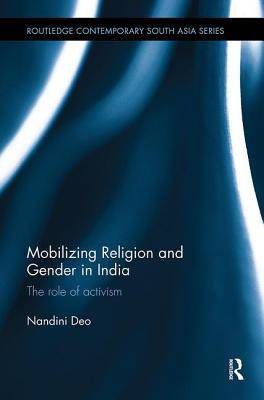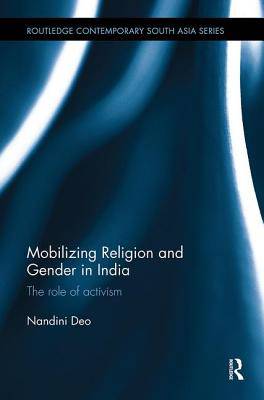
- Retrait gratuit dans votre magasin Club
- 7.000.000 titres dans notre catalogue
- Payer en toute sécurité
- Toujours un magasin près de chez vous
- Retrait gratuit dans votre magasin Club
- 7.000.000 titres dans notre catalogue
- Payer en toute sécurité
- Toujours un magasin près de chez vous
Description
Using a historical comparative approach, the book argues that external events, activist agency in strategizing, and the political economy of transnational networks explain the relative success and failure of Hindu nationalism and the Indian women's movement rather than the ideological claims each movement makes. Bringing together the study of Hindu nationalism and the Indian women's movement, the book will be of interest to students and scholars of South Asian Religion, Gender Studies, and South Asian Politics.
Spécifications
Parties prenantes
- Auteur(s) :
- Editeur:
Contenu
- Nombre de pages :
- 174
- Langue:
- Anglais
- Collection :
Caractéristiques
- EAN:
- 9781138493421
- Date de parution :
- 22-01-18
- Format:
- Livre broché
- Format numérique:
- Trade paperback (VS)
- Dimensions :
- 156 mm x 234 mm
- Poids :
- 254 g







